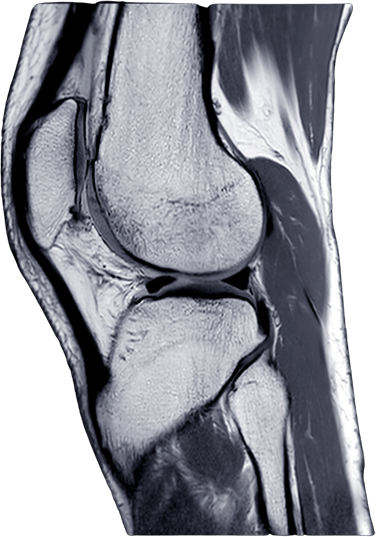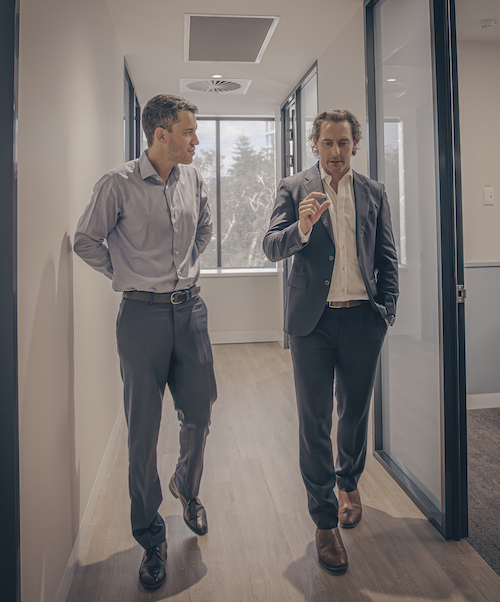Research
I am a founding member and director of the Perth Orthopaedic and Sports Medicine Research Institute (POSMRI), where we undertake high-quality industry-leading research.
We have a team of highly trained researchers, physiotherapists, exercise physiologists and research fellows who have years of active research and clinical experience.
We have a team of highly trained researchers, physiotherapists, exercise physiologists and research fellows who have years of active research and clinical experience.
Slide






